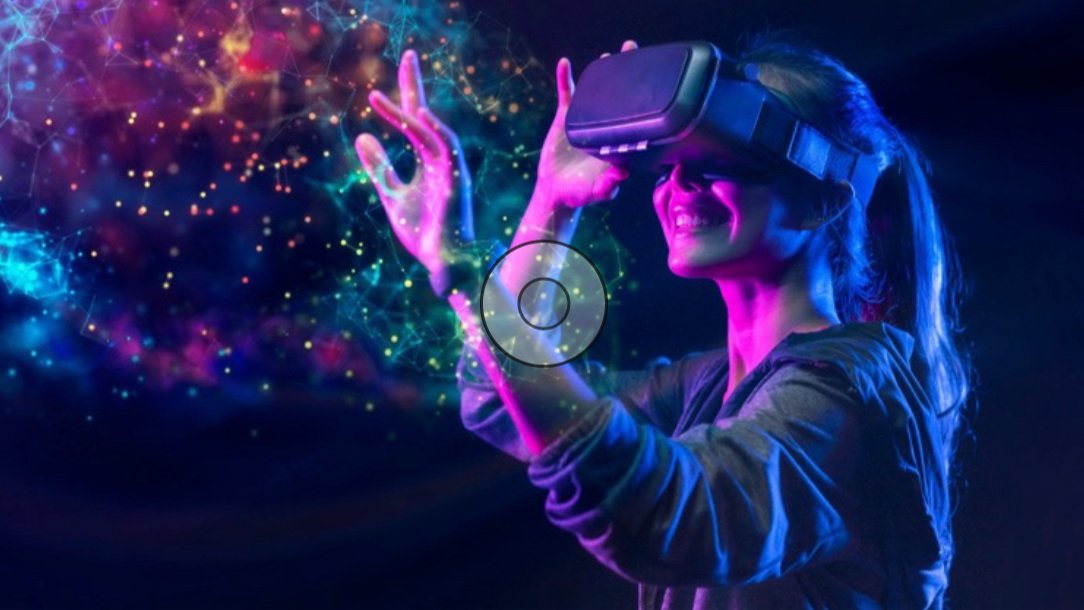Virtual Reality Exposure Therapy (VRET)
Following an Acquired Brain Injury (ABI), survivors may experience anxiety returning to activities and places that they were previously able to manage. ABI survivors may be learning to manage changes to their physical body, their vestibular system, executive difficulties, alongside a non-typical response to trauma that often occurs following the onset of a life changing injury or illness.
ABI survivors may struggle with:
Driving or being a passenger in a car
Accessing public transport
Returning to social situations
Public speaking
Accessing the supermarket
Managing appointments
Virtual reality can provide ways of gently supporting ABI survivors back into important life activities, so that they can learn the skills they need to manage their anxiety. Our clients can complete this therapy from the comfort of their own home, making it possible for clients living with high levels of anxiety, or behaviours that can be experienced as challenging, to engage with the therapy.
Research into Virtual Reality Exposure Therapy (VRET) with neurologically intact populations has reported strong evidence of the effectiveness of this virtual reality exposure therapy (Boeldt, McMahon, McFaul and Greenlead, 2019).
It can be individualised to the needs of each service user and can be helpful for individuals that struggle with imaginal exposure and has been associated with improved outcomes such as reduced public speaking anxiety maintained at 6 and 12 month follow-up (Lindner et al. 2019).
At Living with ABI Ltd, we are able to draw on a range of programmes, including custom made 360-degree videos, to provide our clients with bespoke environments tailored to their support needs and rehab goals. This therapy can be delivered in collaboration with existing therapy and support teams and alongside other interventions.
Targeted Virtual Reality Therapy




